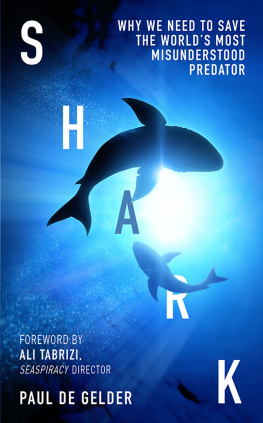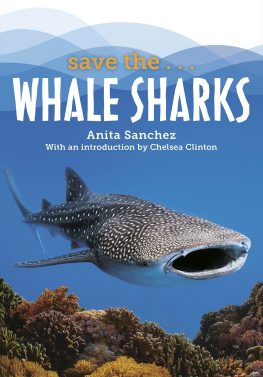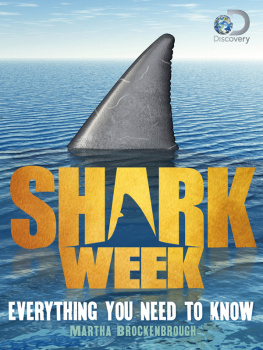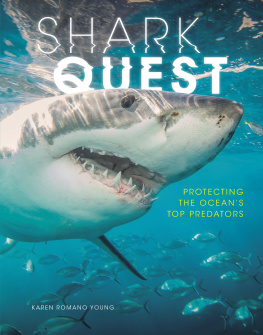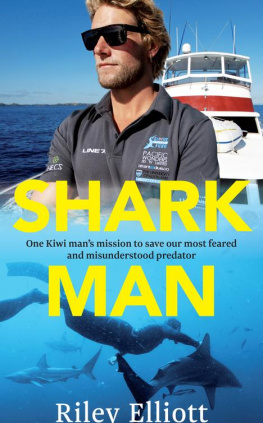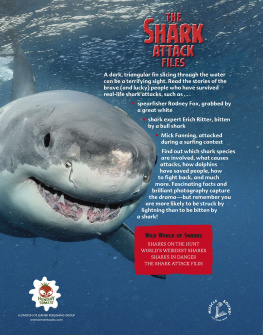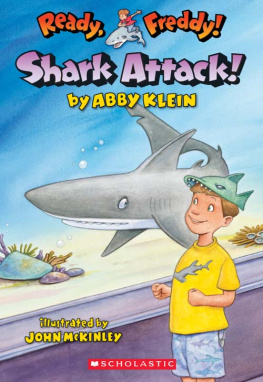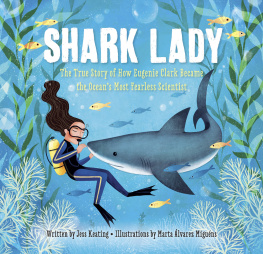Australia
HarperCollins Publishers (Australia) Pty. Ltd.
Level 13, 201 Elizabeth Street
Sydney, NSW 2000, Australia
http://www.harpercollins.com.au
Canada
HarperCollins Canada
Bay Adelaide Centre, East Tower
22 Adelaide Street West, 41st Floor
Toronto, ON, M5H 4E3, Canada
http://www.harpercollins.ca
India
HarperCollins India
A 75, Sector 57
Noida, Uttar Pradesh 201 301, India
http://www.harpercollins.co.in
New Zealand
HarperCollins Publishers (New Zealand) Limited
P.O. Box 1
Auckland, New Zealand
http://www.harpercollins.co.nz
United Kingdom
HarperCollins Publishers Ltd.
1 London Bridge Street
London SE1 9GF
http://www.harpercollins.co.uk
United States
HarperCollins Publishers Inc.
195 Broadway
New York, NY 10007
http://www.harpercollins.com
Mudlark
An imprint of HarperCollinsPublishers
1 London Bridge Street
London SE1 9GF
www.harpercollins.co.uk
HarperCollinsPublishers
1st Floor, Watermarque Building, Ringsend Road
Dublin 4, Ireland
First published by Mudlark 2022
FIRST EDITION
Paul de Gelder 2022
Cover design by Simeon Greenaway HarperCollinsPublishers Ltd 2022
Cover photograph Shutterstock.com
A catalogue record of this book is available from the British Library
Paul de Gelder asserts the moral right to be identified as the author of this work
While every effort has been made to trace the owners of copyright material reproduced herein and secure permissions, the publishers would like to apologise for any omissions and will be pleased to incorporate missing acknowledgements in any future edition of this book.
All rights reserved under International and Pan-American Copyright Conventions. By payment of the required fees, you have been granted the nonexclusive, non-transferable right to access and read the text of this e-book on screen. No part of this text may be reproduced, transmitted, downloaded, decompiled, reverse engineered, or stored in or introduced into any information storage retrieval system, in any form or by any means, whether electronic or mechanical, now known or hereinafter invented, without the express written permission of HarperCollins e-books.
Find out about HarperCollins and the environment at
www.harpercollins.co.uk/green
Source ISBN: 9780008529666
Ebook Edition July 2022 ISBN: 9780008529680
Version: 2022-06-13
Sharks in popular culture
Of all the creatures on our wonderful planet, I would argue that none has captured the human imagination quite like the shark. In fact, sharks have kidnapped our imaginations, held them hostage and led to more nightmares than probably any other animal thats ever existed (a close second would probably be spiders).
Why are we so terrified about being in the water with them? You are thousands and thousands of times more likely to die from falling down the stairs than being eaten by a shark, but do you break into a cold sweat every time you go upstairs? When youre on the stairs, are you in a constant state of fear, worrying what could happen at any second?
For almost all of us the answer is no, but Im sure most of us have felt that feeling of fear and dread as we step into the ocean. Whats out there? Is it hungry? Will it get me?
A new environment can always be a little scary, and so you can understand why someone who grew up in a landlocked city would be wary of the ocean, but I grew up in and around the sea, and I was bloody terrified of sharks. Why?
Humans have a very powerful imagination. Besides, its not like theres no risk of shark attack. Im living proof of that. Its just that the amount of time we spend worrying about this particular danger, compared with the actual probability of it happening, is massively out of proportion. Here are a few things I did today that could have been potentially dangerous:
- Took a shower (accidental injuries at home account for more than 18,000 American deaths a year).
- Played with my dog (dogs kill 25,000 people a year around the world).
- Crossed the street several times (around 6,000 pedestrians are killed in America every year).
- Worked out at the gym (114 people were killed using free weights or weight machines in America over a 17-year period, during which almost a million more were treated for injuries sustained while at the gym).
- Crossed the street several more times.
- Took another shower.
- Made breakfast (around 5,000 Americans died from choking every year).
As we see from the numbers, any one of those moments had the potential to be fatal, but I didnt lose sleep thinking about them (all right, maybe the thought of 5 a.m. workouts does sometimes keep me awake).
As for deaths from sharks, the number of annual shark-attack fatalities around the world hovers around five to ten deaths most years. In other words, you are 1,000 times more likely to die of choking or crossing the street than you are of being killed by a shark, and 5,000 times more likely to be killed by a dog than by a shark.
When it comes to assessing risk from sharks, our ability to use reason and logic seems to go out of the window. This is often the case with fear, but the truth is a powerful antidote to terror. There wasnt a single time when I went in the ocean that I wasnt worried about being eaten, so what changed? The sharks are just as big and full of teeth as theyve always been. Its my attitude thats shifted, which begs the question: what shaped my attitude to begin with? Was I born terrified of sharks, or was that fear put inside of me?
The ocean itself is a daunting and dangerous place. Have you ever heard of a fish out of water? An ape off land is in just such a predicament. Many people have an intrinsic fear of the sea because we know we cant exist in it.
And though you and I now have smartphones, and probably never worry about food, it wasnt that long ago in evolutionary terms that people were prey for animals on a regular basis. Sabre-tooth tigers, crocodiles, even giant birds: our ancestors lived in a world full of danger, and a healthy fear of mother nature is a good thing, because we should respect her and her creatures. Its a humbling and important lesson to know that we are not always number one.
Our sight is incredibly important to us as a species. We use it for almost every part of our lives except sleep. Have you ever just closed your eyes when youre on a busy street pavement? I dont recommend doing it when walking, but thats just the point we need our sight to see danger coming. Since we became glued to our phones, a lot of people have been killed or hurt because they walked into danger that they would have seen if theyd had their head up.
So whats that got to do with our fear of sharks?
Because in our nightmares we cant see them coming. They come from the deep, and they come fast. Either they take us quickly and we never know it, or worse, we see that fin turn in our direction, cut through the water towards us, and know that theres nothing we can do to stop the attack thats coming.
You get the picture. Not knowing what is below or around is a huge part of what feeds our fear of sharks. If they flew around in the sky over the desert wed probably be way more chilled about them.
So its fair to say that we have programmed, instinctive reasons to fear sharks: theyre bigger and faster than us, and we suck at moving and seeing in their territory. Thats all well and good, but does it account for just how great a hysteria we have surrounding these creatures?

